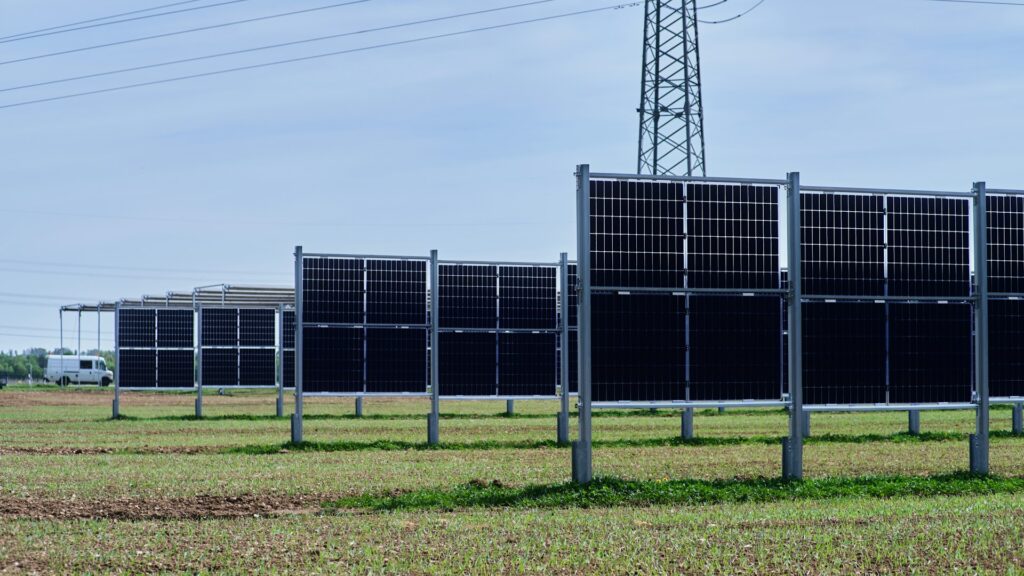Acceptability of agrivoltaic projects in Wallonia

About the project
Agrivoltaics refers to the combination of agricultural production and photovoltaic electricity generation. These dual-use systems can take various forms and designs depending on the specific needs of farmers, aiming to optimize both energy output and agricultural yield.
This master thesis combined quantitative and qualitative analyses. The quantitative part relies on the statistical analysis of a database of agrivoltaic projects that were either approved or rejected in Wallonia. The qualitative component consists of semi-structured interviews with key stakeholders, including farmers, local residents, and project developers.
Key findings
Although the small sample size limits the statistical significance of many variables, the results suggest that project size is a meaningful factor for acceptance:
- Larger projects tend to have a higher probability of being rejected.
- Certain environmental and spatial factors may also influence project outcomes:
- Projects located more than 2 km from a Natura 2000 area are more likely to be approved.
- Projects located more than 1.5 km from a major road tend to face more rejections.
These results should be interpreted with caution due to data limitations but highlight the complexity of agrivoltaic project approvals in Wallonia.
This thesis is the first empirical study of the determinants of the social acceptability of agrivoltaics in Wallonia. It underscores the need for more comprehensive datasets, the development of a clear policy framework to support project deployment, and stronger participatory mechanisms to ensure meaningful stakeholder involvement in decision-making processes.
The full document will be available from January 1st, 2026, on the DIAL.mem platform of UCLouvain.
The project was conducted in collaboration with Ether Energy.
